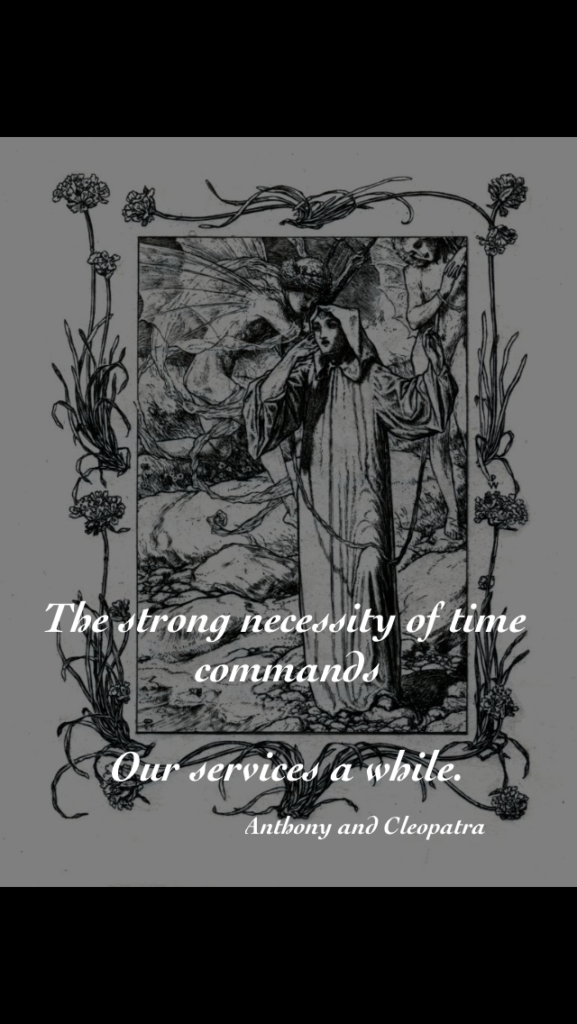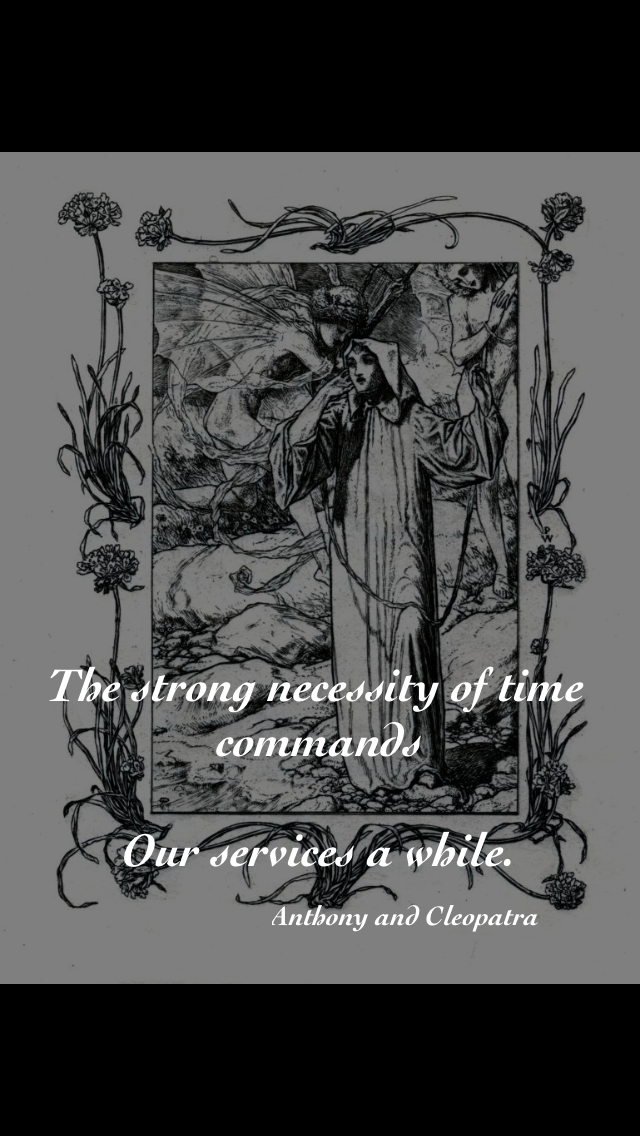Once again I tripped into a conversation where somebody said, “What Shakespeare should I read next?” and somebody said, “Why read them when you can watch them?” Two different people responded that way, actually.
Here’s the problem. The original person didn’t say “I know nothing about Shakespeare so I thought I’d start by reading them,” or anything of the sort to indicate that he was brand new at this game. On the contrary, what he’d said was, “I’ve already read Hamlet and Henry V and would like to try a comedy next, got any suggestions?” So we’ve got someone who has made it pretty clear that his desire is to read the plays. And yet still the answer is, “Why read when you can watch?”
I get it. I understand that your best introduction to Shakespeare is to see it performed. I am not arguing against that. When somebody comes up to me and says, “I know nothing about Shakespeare, which play should I read first?” I will be on the same bandwagon that says, “Go see a live show or rent a movie, but please don’t try to read the text first.”
Let’s think that through, though. Let’s say that I convince my coworker to go see Timon of Athens, a play that she’s never even heard of, let alone seen.
You really think she’s going to get it? You think she’s going to follow plot and character and understand what they’re all saying and appreciate why I recommended it to her in the first place? Or do you think she’s going to miss 90% of what happens and be completely lost, other than for a few key “Ok he clearly is angry at that guy” moments that you could get entirely from the body language?
“But wait!” you say, turning to the front of the Playbill, “Here’s the play summary, and cast of characters. This gives the audience an overview of the story to read before the performance starts.”
Great. So what you’ve just told us is, “Don’t read the actual Shakespeare, but do read the TL;DR version.”
Really? Is this some sort of Bizarro-world high school English class where the student tries to read the original and the teacher say “nonono, here, read the cliff notes!”
I don’t think we can have it both ways. I don’t think that you can walk into most Shakespeare plays cold. I also don’t think that the one-page summary in front of the Playbill is going to give you a sense of understanding anything but character and plot. I think more highly of my audience, especially those that actually come looking to read the works. Surely there’s room for a middle ground we can point these folks that is not too over their heads to start, but does not insult them by dumbing it down until all the life is crushed from it?
Here’s what I’ve got in mind…
This year’s Shakespeare posting marathon is sponsored by “Shakespeare is Universal.” Help us prove that Shakespeare makes life better. Buy a t-shirt and support cancer research.
 I’m also happy to announce that version 2.1 of ShakeShare : Shareable Shakespeare, our iOS app, is now available! This is a huge update, adding over 500 quotes to the database and two dozen new background images.
I’m also happy to announce that version 2.1 of ShakeShare : Shareable Shakespeare, our iOS app, is now available! This is a huge update, adding over 500 quotes to the database and two dozen new background images.
